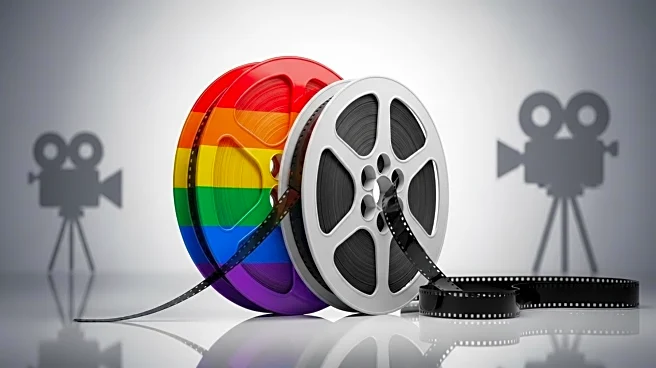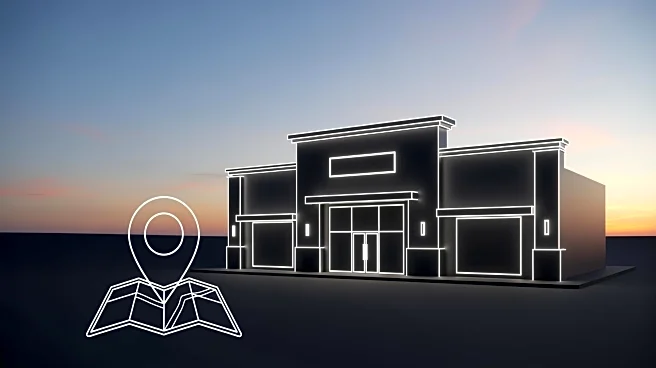What's Happening?
As Brokeback Mountain reaches its 20th anniversary, discussions have emerged regarding its portrayal of queer relationships and the impact of its storytelling. The film, based on Annie Proulx's short story, was initially met with skepticism due to the lack of openly queer individuals involved in its production. Despite this, it has been recognized as a significant work in cinema, capturing themes of homophobia and internalized masculinity. The film's portrayal of Ennis and Jack's relationship continues to resonate, though some critique its handling of intimate scenes.
Why It's Important?
The anniversary of Brokeback Mountain highlights ongoing conversations about representation and authenticity in media. The film's success despite initial doubts underscores the importance of nuanced storytelling in addressing complex social issues. It serves as a reminder of the progress made in queer representation and the need for continued advocacy for authentic voices in film. This discussion may influence future productions to prioritize diverse perspectives and accurate portrayals of marginalized communities.
Beyond the Headlines
The film's legacy prompts reflection on the evolution of queer representation in media over the past two decades. It raises questions about the role of identity in storytelling and the impact of cultural shifts on audience perceptions. As society becomes more inclusive, filmmakers may face increased pressure to authentically represent diverse experiences, potentially leading to more inclusive casting and production practices.









